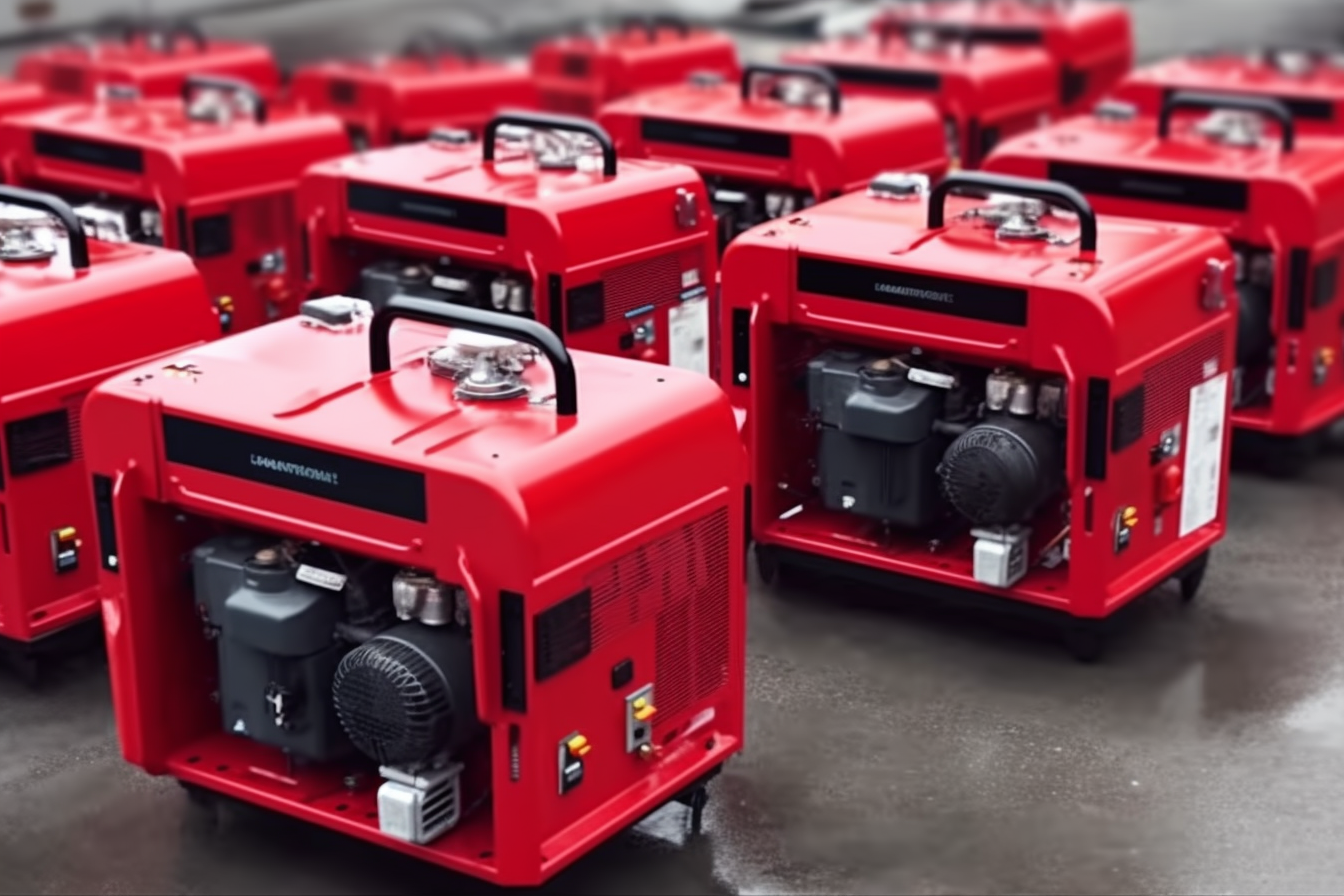Power Generators: A Complete Guide to Making the Right Choice
Power generators serve as crucial backup systems during outages and essential power sources in remote locations. Whether you're considering a generator for emergency home use, construction sites, or off-grid living, selecting the appropriate model requires understanding various types, capabilities, and features. This comprehensive guide explores the different power generator options available, their applications, and key factors to consider before making your purchase decision.

Understanding Different Types of Power Generators
Power generators come in several varieties, each designed for specific situations and power needs. Conventional generators typically run on fossil fuels such as gasoline, diesel, propane, or natural gas. These traditional models provide reliable power but require fuel storage and regular maintenance. Portable generators offer flexibility with smaller power outputs, while standby generators are permanently installed and automatically activate during outages. Inverter generators represent newer technology that produces cleaner electricity suitable for sensitive electronics. Understanding these fundamental differences helps narrow down options based on your specific requirements and circumstances.
Benefits of a Solar Power Generator for Your Home
Solar power generators offer numerous advantages for residential use. Unlike conventional generators, they produce electricity without fuel costs, noise, or emissions. These systems capture energy from the sun via photovoltaic panels and store it in batteries for later use. The primary benefits include environmental friendliness, silent operation, and minimal maintenance requirements. Solar generators can power essential household appliances during outages and reduce electricity bills when grid-connected. Many models feature expandable battery capacity, allowing users to scale their systems as needs change. While initial investment costs may be higher than traditional generators, the long-term savings and environmental benefits make solar generators increasingly attractive for homeowners seeking sustainable backup power solutions.
How to Choose the Right Power Generator for Your Needs
Selecting an appropriate power generator starts with assessing your specific power requirements. Calculate the total wattage of appliances and devices you need to run simultaneously, then add a 20% buffer for safety. Consider where and how you’ll use the generator—indoors, outdoors, for camping, or whole-house backup. Runtime is another crucial factor; determine how long you need continuous power during outages. Noise levels matter, particularly in residential areas or camping settings. Evaluate portability requirements if you need to transport your generator. Fuel efficiency and availability should influence your decision, especially during emergencies when certain fuels may become scarce. Finally, review safety features like automatic shutoff, circuit protection, and carbon monoxide detection to ensure safe operation in all circumstances.
Solar Power Generators: Efficient and Clean Energy Solutions
Solar generators represent the cutting edge of clean energy technology for portable and backup power needs. These systems combine photovoltaic panels, charge controllers, battery storage, and inverters to create reliable power sources without emissions or fuel dependence. Modern solar generators offer impressive efficiency, converting up to 23% of available sunlight into usable electricity. Technological advancements have dramatically improved storage capacity and charging speeds, making them viable alternatives to conventional generators. Most systems feature pure sine wave inverters that deliver grid-quality electricity safe for sensitive electronics. Solar generators excel in situations requiring quiet operation, such as camping, outdoor events, or neighborhood-restricted environments. Their modular design often allows for capacity expansion by adding panels or batteries as power needs increase over time.
Comparison of Power Generators on the Market
The power generator market offers diverse options across multiple categories, each with distinct advantages. Conventional fuel-powered generators remain popular for their reliability and higher power output capacity. Inverter generators have gained traction for their clean power production and fuel efficiency. Solar generators continue to improve in capacity and performance while maintaining zero-emission operation.
| Generator Type | Power Output Range | Fuel/Energy Source | Average Runtime | Typical Applications | Price Range |
|---|---|---|---|---|---|
| Portable Gas | 2,000-12,000W | Gasoline | 8-12 hours | Camping, RVs, small backup | $400-$1,500 |
| Inverter | 1,000-7,500W | Gasoline/Propane | 6-18 hours | Electronics, recreation | $500-$4,000 |
| Standby | 8,000-20,000W+ | Natural Gas/Propane | Continuous (with fuel) | Whole-house backup | $2,000-$10,000+ |
| Portable Solar | 500-3,000W | Solar/Battery | Varies with sunlight | Camping, small backup | $500-$3,500 |
| Home Solar System | 2,000-10,000W+ | Solar/Battery | Varies with capacity | Home backup, off-grid | $3,000-$15,000+ |
Prices, rates, or cost estimates mentioned in this article are based on the latest available information but may change over time. Independent research is advised before making financial decisions.
Reliable Power Generation Options for Emergency Situations
For emergency preparedness, reliability becomes the paramount consideration when selecting a power generator. Dual-fuel generators that can run on multiple fuel types provide flexibility during supply shortages. Automatic start features ensure immediate power restoration without manual intervention. Battery-based systems with solar charging capabilities offer sustainability during extended outages when fuel deliveries may be disrupted. Fuel efficiency becomes critical in emergencies—look for generators with eco-throttle or economy modes that adjust engine speed to match power demand. Weather-resistant housing protects against the elements, while remote monitoring capabilities allow users to check generator status from a distance. Consider generators with extended warranties and readily available parts to ensure serviceability during critical situations. Ultimately, the most reliable emergency power solution often combines multiple generation methods, such as a conventional generator paired with a solar system, providing redundancy when it matters most.
Power generators remain essential tools for maintaining electrical independence during outages and in off-grid scenarios. By assessing your specific needs, understanding the different technologies available, and evaluating factors such as power output, runtime, and environmental impact, you can select the optimal generator for your situation. Whether you choose traditional fuel-powered models, modern inverter technology, or sustainable solar systems, investing in a quality power generator provides valuable peace of mind and practical utility when conventional power sources fail.




